Last week, I had the chance to accompany Rev. Harold Good during public presentations about his life’s w
Preaching to an all-Black congregation the Sunday after Dr. Martin Luther King was assassinated, he said he felt inadequate to address the audience but they convinced him otherwise through their encouragement and gentle spirits. It changed his life.
When he left Indy for Northern Ireland to pastor in inner-city Belfast, he was amazed by the hateful speech between Protestants and Catholics, and recognized similar patterns in American racial strife. He quickly realized sectarianism and racism are on either side of the same coin.
Being back in Indianapolis more than 40 years later, Rev. Good noticed an improvement in race relations in our city. He is impressed by the racial representation on our television newscasts and by how calm and easily interracial conversations take place.
Meaningful relationships between races and cultures are essential to our city’s growth and survival. We must talk to each other and learn each other’s narratives to learn how to work together to address our many issues. We are fortunate to have formal and informal structures in Indianapolis that work on these issues.
Since 1965, the Greater Indianapolis Progress Committee (GIPC) has convened representatives from all sectors of the community to address the most significant issues of concern and areas for opportunity related to the progress of the City of Indianapolis. GIPC launched the Indianapolis Race and Cultural Relations Leadership Network (RCRLN) in 1995. Its mission is to improve the quality of life for our residents by advocating and coordinating a community response to issues and situations that arise within the Greater Indianapolis area that have racial or cultural implications. The RCRLN proactively implements activities that foster good relationships among diverse populations.
As a member of the RCRLN for nearly 10 years, I truly appreciate the opportunity to sit with 50 leaders from education, business, faith, law enforcement, social service, LGBTQ, civil rights and cultural institutions to have open conversations about race and cultural issues and opportunities facing Indy. It is amazing to see activists and public safety officials working out problems that never make the papers or newscasts, but have major ramifications for the peace and harmony of our city.
As Rev. Good noticed, things are better, but there is still a long way to go. We can’t drift into a city where middle class people live outside of Marion County and everybody else struggles. This is one city where we must all work to build new opportunities for our youth and unemployed adults while feeling safe and secure in our homes and neighborhoods. Race and cultural relations are everyone’s responsibility.

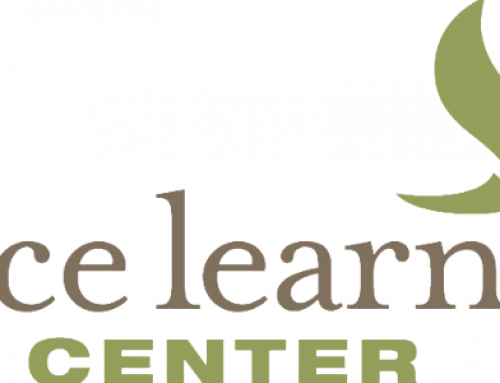
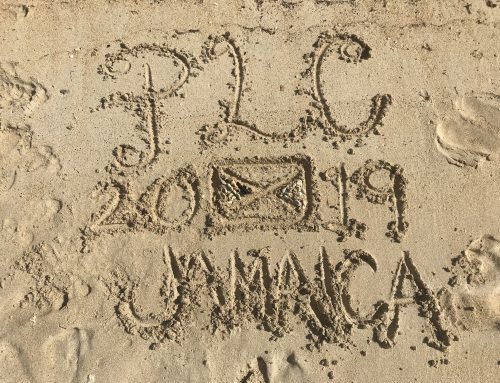
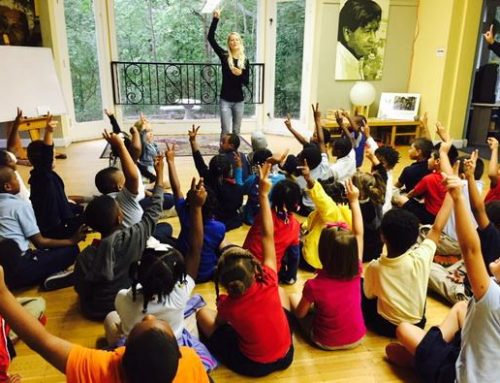
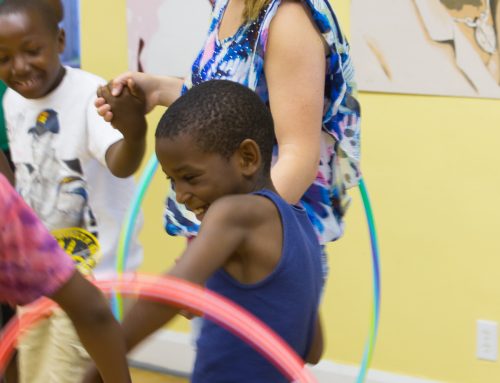
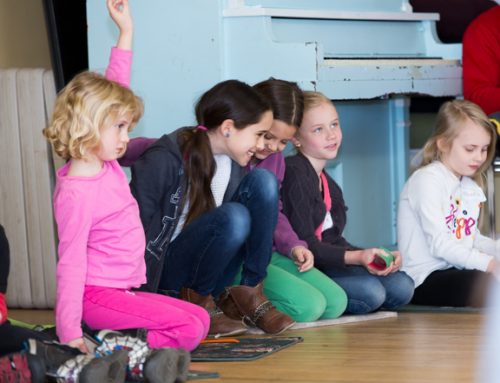
What around racism in community policing? This is a national problem of which I am sure Indianapolis is subject, as well.
Correction:
What about racism in community policing?
Thanks for sharing! Good to see people standing up for what is right!